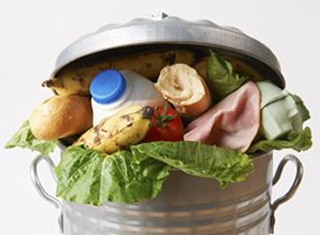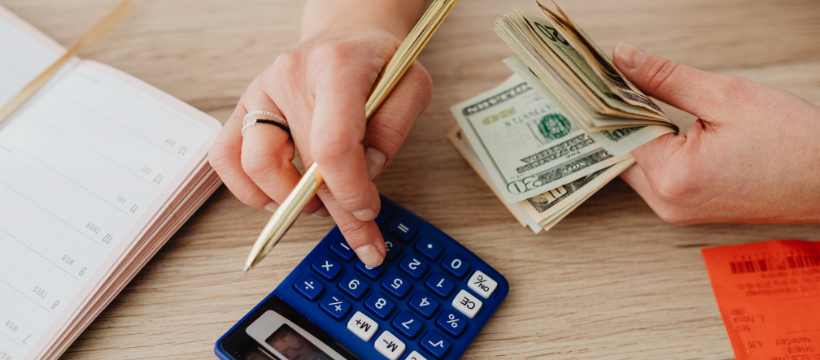Restaurants

- Bring home your leftovers, and eat them soon – recommendations are for within three to four days.
- If you typically don’t finish a meal, order food you know will reheat well. For example, crunchy items like a tostada won’t reheat as well as a burrito; if you’re eating Italian, cream sauces will often separate when reheated; tomato-based sauces won’t.
Grocery store
- Only buy as much fresh food as you expect to eat before it spoils. Some budget-conscious consumers may buy items in bulk because, per ounce, they’re saving money at the checkout counter. But if the food goes bad before it can be eaten and just gets thrown away, that’s no real savings.
- Choose carefully in the produce section: the fresher the produce is at the store, the longer it will stay fresh at home.
- Check freshness dates on all your fresh food, including your meats, comparing packages to ensure you’re bringing home the freshest products. There’s been some confusion about what freshness dates mean – including the difference between “Sell By,” which is guidance for the grocery store, and “Use By,” which is guidance for consumers. The USDA recently recommended changes to food labeling for clarity and to reduce food waste, to change all labeling to “Best if Used By.”
At Home
- Wash and dry your fruit – types that you eat the skins – before you even put it away. Having a clean piece of fruit to eat makes it easier to grab a snack from the refrigerator than the pantry shelf, reducing spoilage.
- Freeze your leftovers if you’re not going to eat them within three or four days. Here’s a link with advice on how to freeze, and thaw, food safely.
- Eat your restaurant leftovers. Bringing food home from the restaurant won’t do any good if you don’t actually eat it!
It may be unlikely that any of us will succeed in never throwing away any food, but taking these steps and making a conscious effort to eat what you’ve bought can end up saving you hundreds of dollars a year!
Photo courtesy of United States Department of Agriculture

